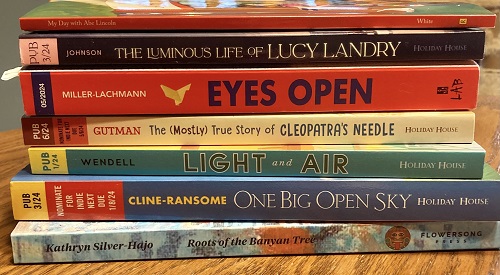The Long Journey Home
After a lengthy tour of duty in the Civil War, Henry Morton returns to his home in Minnesota hoping to resume his life as a farmer. When he reaches his home, he finds that his wife is dead, his daughter has left, and his sons aren’t interested in the struggles involved with farming the prairie. Morton’s life changes when a letter arrives from the U.S. government, notifying him that he is eligible for a land grant if he is willing to settle further north. With nothing to lose, Morton abandons his home and travels to the northern frontier of Minnesota, hoping to build a new life.
His new homestead, near the town of Green Prairie, is a wooded wilderness that could take years to clear, so he settles in town at the local saloon in the interim. While there, Morton gets swept up in the chaos of frontier life—he drinks too much, gambles with money he doesn’t have, and impregnates a French Canadian barmaid named Agnes, who he is then forced to marry. When Morton leaves Agnes to register his claim in St. Cloud, Agnes assumes that he has abandoned her and their daughter, and her grief sets in motion a chain of events that will affect many in Green Prairie.
The characters are not always likable—Morton is harsh and rather unpleasant at times—but they are certainly realistic. The situations that Morton and his family face are often dramatic, but the events do not seem heavy-handed or exaggerated. Settling the American west was treacherous, and The Long Journey Home captures the danger and risk at the heart of the settlers’ experience.










